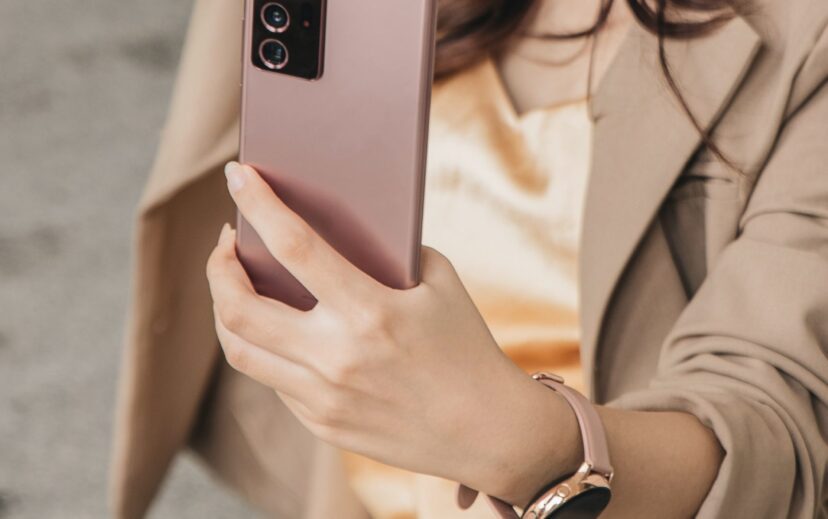Many brands are using social media influencers to help market their products. While this can be lucrative for both parties, there are risks, including potential liability under advertising, unfair competition, and trademark laws. Often, influencers do not realize that they can be held liable for the statements they make in promoting a company’s product. A recent federal lawsuit filed in California illustrates the dangers and is likely to result in increased litigation against influencers. In the case, the Judge refused to dismiss a lawsuit seeking to hold a social media influencer liable for trademark infringement and unfair competition. While the suit is still pending, there are lessons to be learned.
Facts of the Case
In Petunia Products, Inc. v. Rodan & Fields, LLC and Molly Sims, model and actress Molly Sims recommended and blogged about an eyebrow product called “Brow Defining Boost” created by Rodan & Fields. The Plaintiff claimed that Sims’ conduct infringed on its trademark, BROWBOOST. Sims argued that she should not be liable as a third-party who simply discussed an infringing product created and sold by someone else.
The Court disagreed with Sims and ruled against her on the trademark infringement claim. To prevail on a trademark infringement claim, a plaintiff must show that the defendant used the plaintiff’s trademark in commerce and that the use was likely to confuse customers as to the source of the product. While non-commercial commentary is protected speech under the First Amendment, advertisements are not protected speech.
Sims acknowledged, in the post itself, that the post was “sponsored” by Rodan & Fields. The Plaintiff also alleged that the post contained links to the website of Rodan & Fields where purchasers could buy “Brow Defining Boost.” Thus, the Court ruled the post could be considered a paid advertisement.
Further, Rodan & Fields eyebrow products are similar in name to BROWBOOST and marketed through similar channels. As a result, the Judge held that the direct trademark infringement claim should not be dismissed at this point in the case. The Court did dismiss Plaintiff’s claims for contributory infringement because there was no showing that Sims had actual or constructive knowledge that “Brow Defining Boost” was infringing on the Plaintiff’s trademark.
Future of the Case and Trademark Infringement Liability for Social Media Influencers
While the case is still pending and there has not been a determination that Sims is liable, the Judge’s ruling is likely to lead to more trademark infringement lawsuits against social media influencers. Influencers are already subject to advertising laws and the Federal Trade Commission has provided guidance on what companies and influencers can and cannot do legally.
Lawsuits are most likely to increase against celebrity endorsers because they have the resources to pay damages. However, they may also be used against non-celebrities where they could provide a competitive advantage. One brand could threaten to sue an influencer working for another brand for the purposes of discouraging endorsements. That could be detrimental to the brand that hired the influencer, even where the infringement claim is unlikely to succeed.
Minimize the Risks of Liability
Influencers should conduct due diligence and verify that the brands they are working with are not engaging in trademark infringement or other methods of unfair competition. Similarly, brands should monitor their influencers to ensure they understand and comply with relevant laws.
Parties should also negotiate indemnification clauses in their contracts. Influencers with “clout” may be able to obtain contractual indemnification from the brands they endorse. However, those with less clout could get saddled with liability.
Best practice is to consult an experienced attorney before signing a contract to understand your rights and responsibilities and minimize your legal and financial risks.


